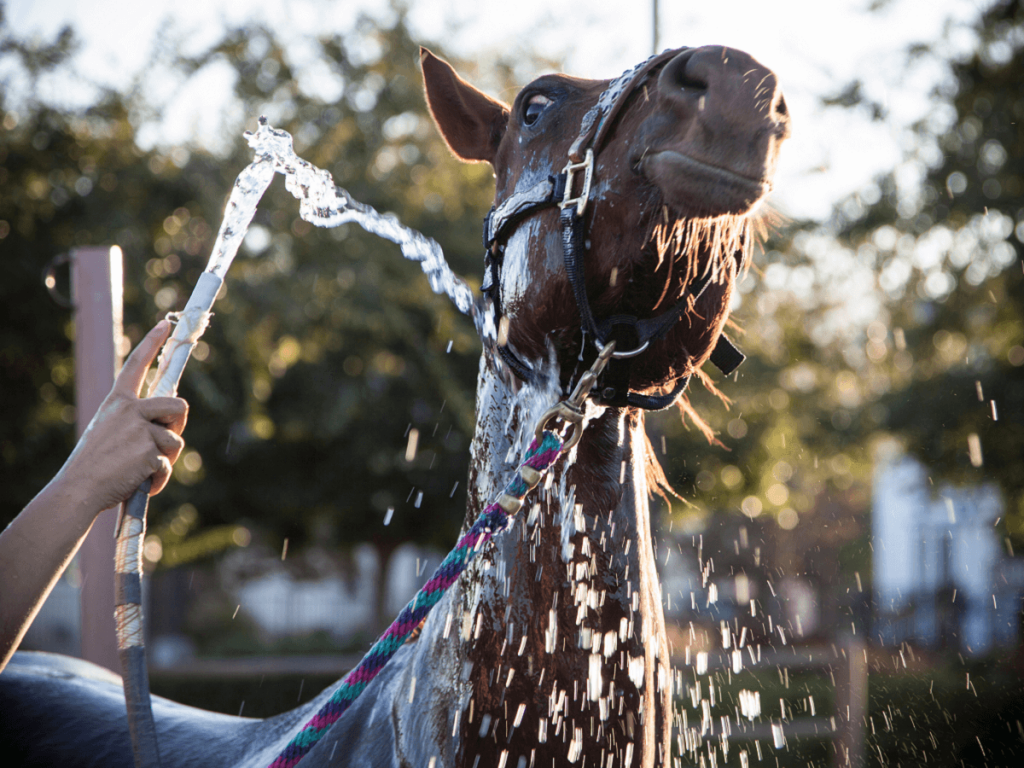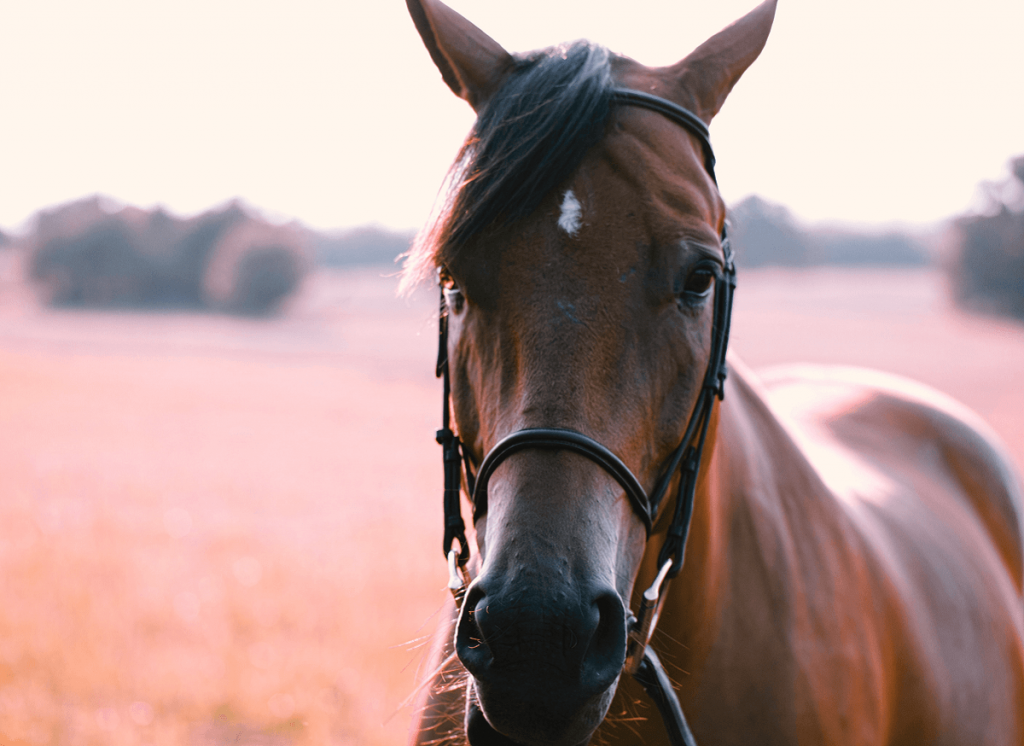With summer just around the corner and the weather finally beginning to warm up, it’s important to take a few extra measures to help keep your horse comfortable and healthy.
Horses aren’t so good at regulating their own body temperatures, which means they can get overheated quite quickly in warmer weather. This leads to your horse feeling uncomfortable and lethargic and can ultimately lead to heat stress. Senior horses, foals and horses with underlying medical conditions are even more at risk of becoming overheated.
What are the symptoms of heat stress?
It’s important to recognise the signs of heat stress before it turns into a life-threatening situation.
- Persistent rapid breathing that doesn’t resolve with rest
- Abnormal sweating – either lots or not at all
- Decreased energy levels
- Rapid heart rate
- Skin hot to touch
- Signs of dehydration (sunken eyes, dry gums, reduced urination)
There are however a number of ways to prevent heat stress in your horse.
Provide as much shade as possible
If your horse isn’t stabled, make sure they have access to several shady options. This could be in the form of leafy trees or a paddock shelter. Though some horses will ignore any shade provided, and still stand in the hot sun.
Ensure ready access to drinking water
Having your horse drink plenty of water is the number one defence against heat stress.
- Have plenty of water available at all times, regularly refilled
- Add water to hay to increase their water consumption
- Incorporate electrolytes into their diet
Avoid working your horse in the middle of the day
When the weather is warmer, it’s important to vary your riding routine to avoid the heat of the day.
- Ride earlier in the morning
- Shorten your rides
- Have frequent breaks for water (in the shade)
- If it’s a particularly hot day, try and avoid riding your horse at all
Consider a fly sheet
For darker horses, you may want to consider a white-coloured fly sheet to keep their coat from absorbing the sun’s heat. Most fly sheets have added UV protection as well, however, it is no substitute for adequate shade.
Use water to cool your horse

Continuous hosing of your horse with cold water is a great way to cool your horse’s skin, particularly after exercise.
Start with their neck and chest areas, before working your way across the rest of the body. This will help cool the blood leading toward the heart and will cool them down in the quickest way possible.
What should I do if my horse is displaying signs of heat stress?
If your horse is displaying symptoms of heat stress and is not improving with rest, it’s important to seek assistance from your equine vet. Ensure your horse is in the shade and keep them as cool as possible by gently hosing them with water. Offer them small amounts of water.
Treatment of heat stress usually involves IV fluids and electrolytes. If treated promptly, horses will recover well, with no lasting effects.
If you are ever concerned that your horse may be experiencing heat stress, please get in touch with us for advice. You can call us on 08 8318 1801.



